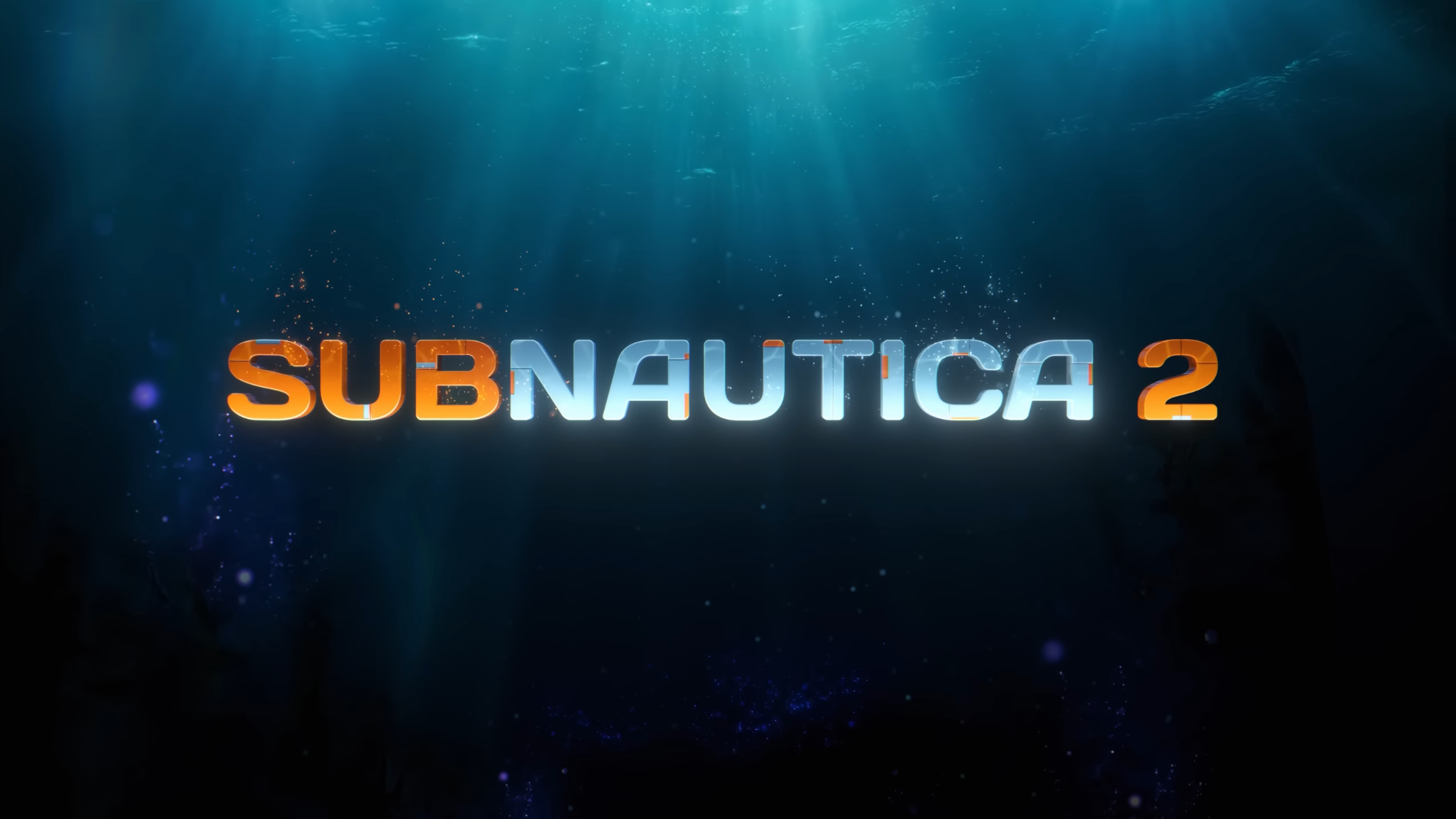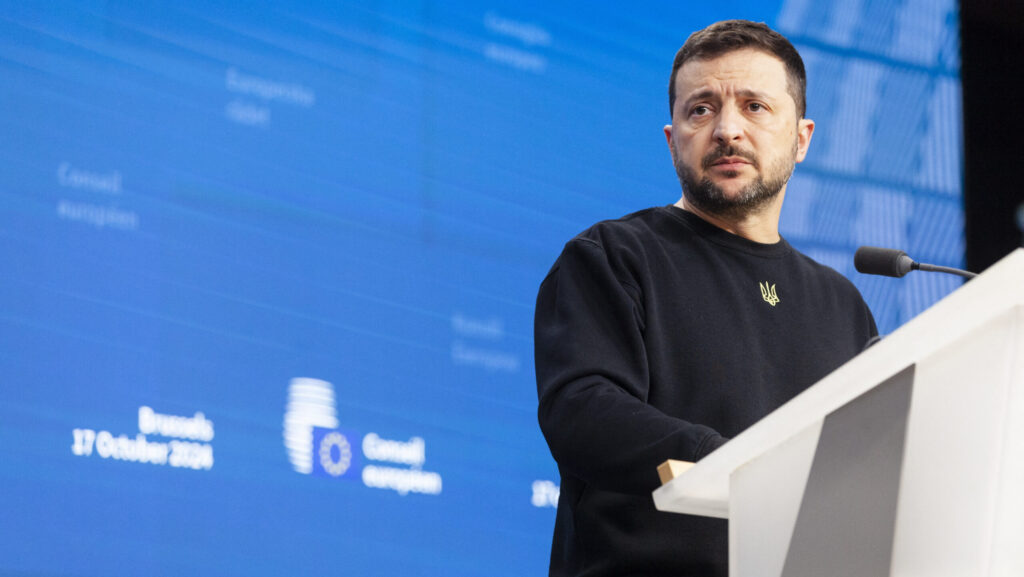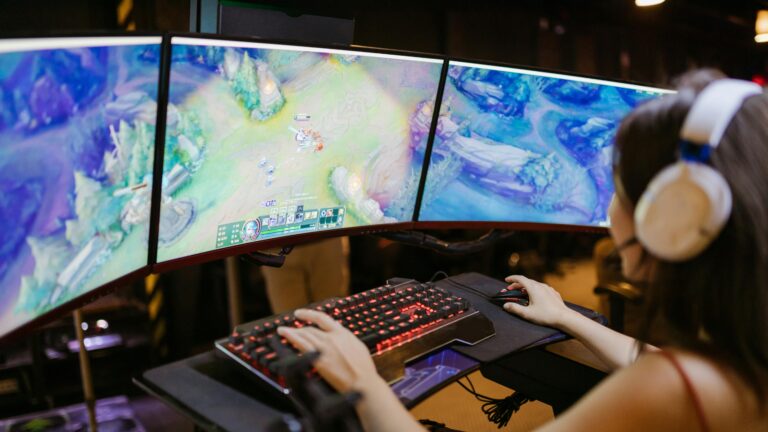The gaming world has been rocked by explosive allegations as the ousted founders of Subnautica 2 developer Unknown Worlds have filed a lawsuit against publisher Krafton, accusing the company of systematic sabotage to avoid a massive 250 million dollar payout—and ultimately seizing control of the studio in what they claim was an illegal power grab.
The original Subnautica, released in 2018 after several years in early access, became one of the most celebrated survival games of its generation. Developed by Unknown Worlds Entertainment, the underwater adventure captivated players with its stunning alien ocean environments, tense survival mechanics, and surprisingly deep narrative. The game sold over five million copies by 2020 and maintains ‘Overwhelmingly Positive’ reviews on Steam, cementing its status as a modern indie classic.
Now, the studio’s founders have launched a scorching legal battle against publisher Krafton over its highly anticipated sequel, Subnautica 2, alleging corporate sabotage of what should have been another landmark release.
Subnautica 2 – Teaser Trailer
Subnautica 2 is coming to Early Access in 2025! Wishlist today: https://store.steampowered.com/app/1962700/Subnautica_2/ Immerse yourself in a new adventure with Subnautica 2, an open-water survival game from the creators of the Subnautica series. Play alone or with friends as you explore alluring biomes and discover fascinating creatures.
At the centre of the dispute is a 250 million dollar earnout clause tied to the sequel’s success. Court documents reveal Krafton grew concerned earlier this year when projections showed Subnautica 2—already amassing 2.5 million Steam wishlists during development—would trigger the massive payout to Unknown Worlds’ team. The lawsuit claims Krafton then systematically undermined development to avoid this financial obligation.
The conflict exposes the delicate relationship between creative studios and their corporate backers. Unknown Worlds, founded in the early 2000s, had maintained its indie spirit even after the Subnautica franchise’s breakout success. The original game’s development followed an unconventional path, evolving through years of player feedback during its early access period—a process the founders apparently wanted to repeat with the sequel.
Krafton, best known as publisher of PUBG, presents a stark contrast as a major industry player. The lawsuit alleges the publisher imposed damaging restrictions, including cancelling marketing campaigns and reassigning the project to a Korean team unfamiliar with the franchise. Most dramatically, Krafton allegedly seized control of Unknown Worlds’ websites to post unauthorized statements about development delays.
The gaming community has reacted strongly to the allegations, with many fans expressing concern over the sequel’s future. Subnautica built its reputation on passionate, player-driven development—exactly the approach the lawsuit claims Krafton has obstructed. As the case moves forward, it may force the industry to confront difficult questions about preserving creative independence in an era of increasing corporate consolidation.
With Subnautica 2 now delayed to 2026 and its original creators locked in legal combat with their publisher, the fate of what should have been a guaranteed hit remains uncertain. The outcome could influence how indie studios negotiate with deep-pocketed publishers for years to come.
Related articles:







